“There are no limits to your own possibilities in computer science”
The Bachelor's degree programme in Computer Science opens up a wide range of options and career prospects. But getting started can be full of challenges. Five students talk about the highs and lows of their studies - and why it's worth persevering.
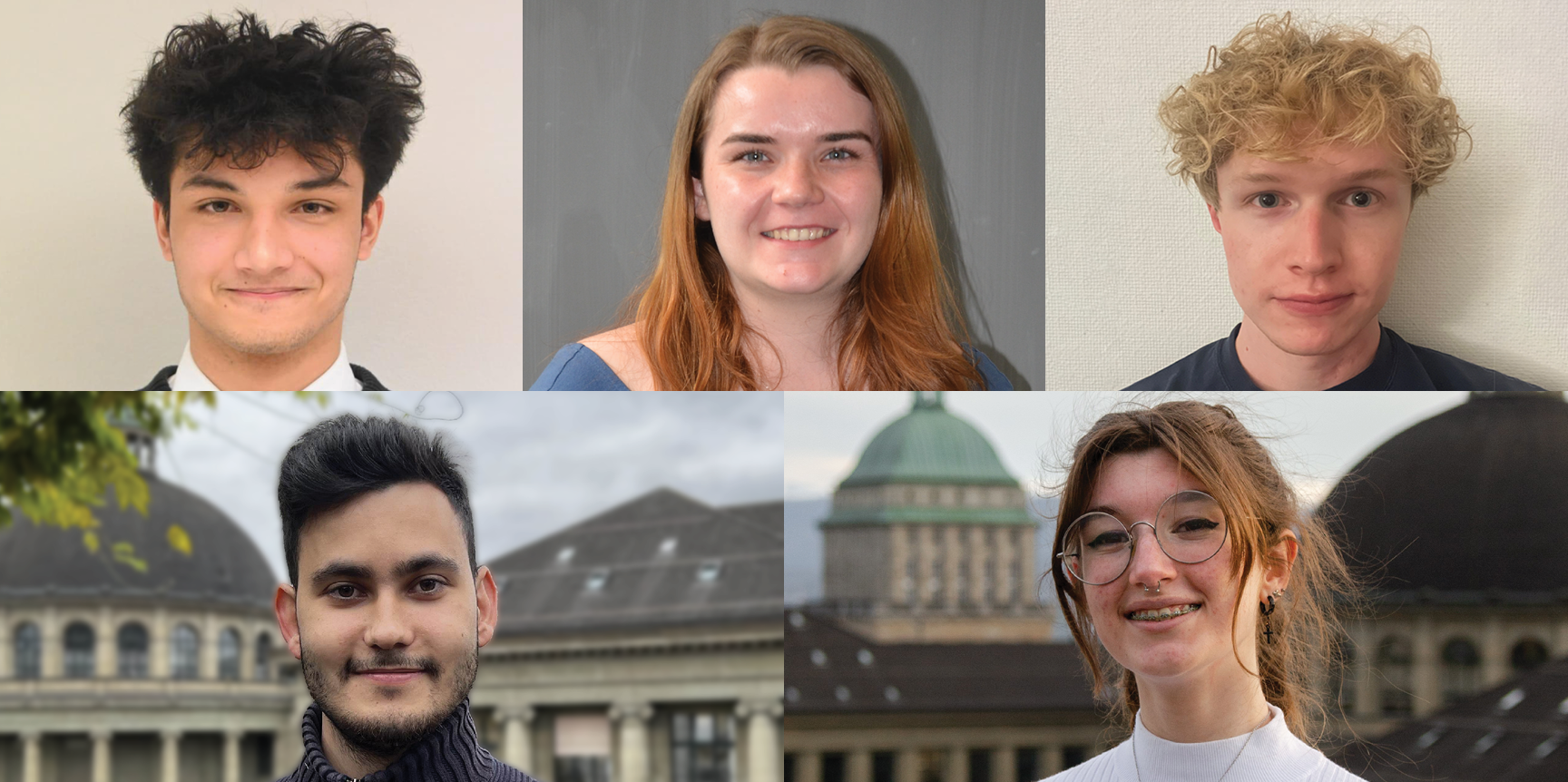
Artificial intelligence, algorithms, programming: there’s no doubt that many computer science topics are popular. Interest in the subject is equally high, especially as it also offers exciting career prospects. However, studying it is not always an easy experience. Particularly at the beginning of the Bachelor’s degree programme, there are a few hurdles to overcome – especially when it comes to the density of university teaching and learning the basics. Once this summit has been conquered, however, the benefits of studying computer science unfold. The climb is worth it, as five Bachelor’s students can testify.
One of them is Benedikt Falk. He decided to study computer science because he is passionate about technology. “I had a choice between maths, physics and computer science,” he says. In the end, he decided in favour of computer science. It is “the subject of the future,” he emphasises.
Benedikt is now in the fifth semester of his degree programme and has become accustomed to everyday life at university. However, that wasn’t the case at the start. When he started his studies, he was initially overwhelmed. “Above all, I was taken aback by the huge amount of subject matter,” admits Benedikt. What is covered over two years’ worth of content at secondary school is covered in just a fortnight at ETH Zurich.
Success through self-organisation and exchange
“In the first semester, I often had the feeling that I was the only one who couldn’t keep up with the subject matter and didn’t understand everything,” says Benedikt. This kind of self-doubt was new for him, given that he managed to achieve top grades at secondary school without much effort. “The important thing in a situation like this is to endure this doubt and keep going,” he says. Then, through regular dialogue with other students and lecturers, he quickly realised that, like him, the majority of his fellow students didn’t always understand everything straight away.
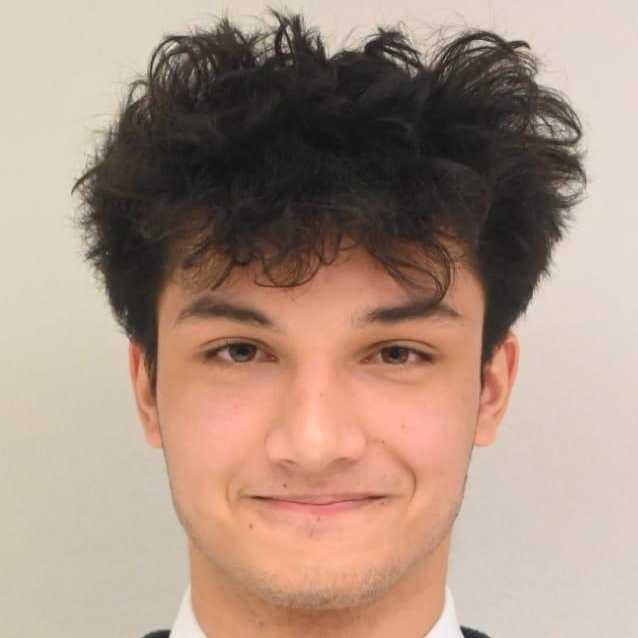
“It is important to endure the doubt at the beginning of your studies and to keep going.”Benedikt Falk
A new form of self-organisation was also necessary to cope with daily studies at ETH Zurich. At secondary school, Benedikt was able to start studying a week before exams and still achieve top marks. “That no longer works at ETH Zurich,” he says. If you don’t keep at it during the semester, it becomes difficult to pass the exams.
This realisation made him comprehend how unfounded his fears were at the beginning of his studies. “You find your way around better and better over time,” explains Benedikt.
The joy of versatility
Bachelor’s student Hüseyin Deniz also felt he was at the limit for the first time in his life at the beginning of his degree programme. “You’re constantly confronted with new subject matter, even though the previous week’s material hasn't even been properly processed yet,” he says. Like many of his fellow students, the trained polymechanic, who completed the vocational baccalaureate and the part-time baccalaureate before starting his studies, also struggled during the infamous first year. “One major difficulty was that I couldn’t programme at the time,” he explains. This circumstance forced him to focus on acquiring programming skills and learn the necessary maths on the side.
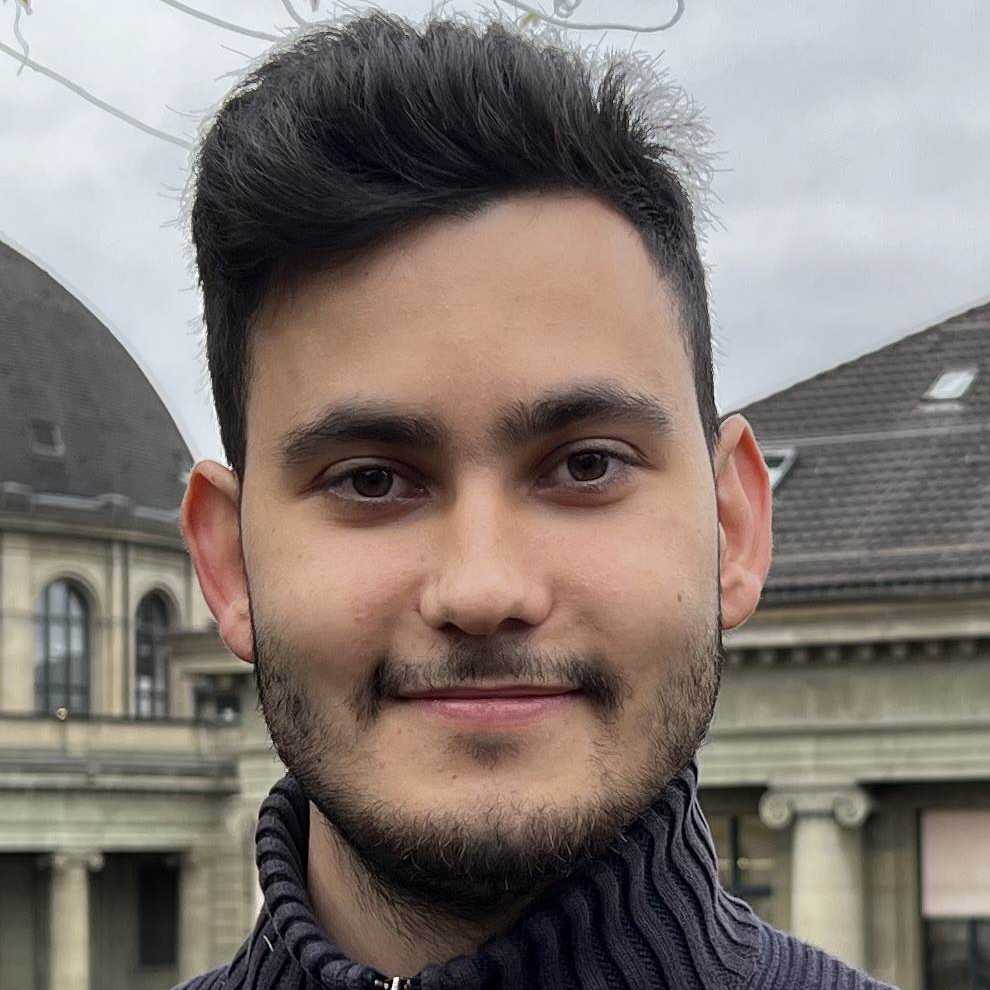
“You have a lot of options in Computer Science and you can develop in different directions.”Hüseyin Deniz
Hüseyin therefore recommends that potential computer science students practise programming before starting their studies. “You should acquire at least a rudimentary knowledge of Java,” he advises.
Now that Hüseyin is in his fifth semester, he appreciates the versatility of computer science. “You have a lot of options in this subject and can develop in different directions,” he says. You can build something of your own from the ground up: “Programming, creating algorithms, developing ideas – there are no limits to what you can do in computer science,” enthuses Hüseyin.
One problem – different approaches to solving it
Similarly, Bachelor’s student Saskia Koller also likes the creative aspect of studying computer science. Moreover, the puzzle component appeals to her. “It often feels like I'm solving riddles,” she says. In her opinion, the urge to solve a technical task to its conclusion is the most important basic requirement for studying computer science.
Saskia completed her A-levels in the summer of 2020 and had already applied to study computer science at ETH Zurich in April 2020. Then came the Covid-19 pandemic. “When I found out that my studies would only take place online in September, I decided to postpone the start of my studies for a year and did an internship first,” she says. Direct contact with other people is very important to her during her studies. “I also don’t like working alone,” explains Saskia. As a result, she often enjoys exchanging ideas with her fellow students. “I often get to hear about ideas that go in a completely different direction to my own,” she explains.
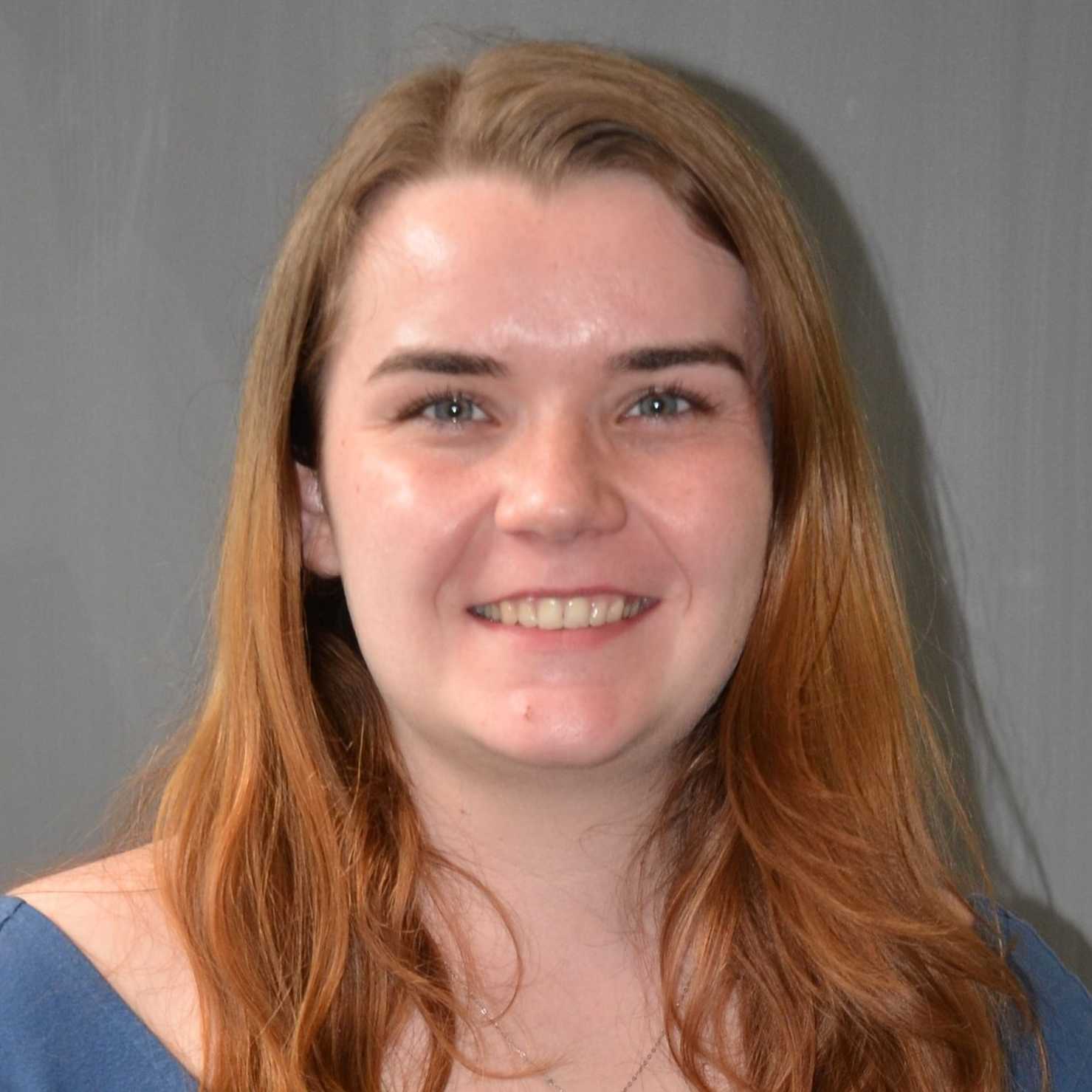
“While studying Computer Science, it often feels like I'm solving puzzles.”Saskia Koller
Saskia still remembers a moment at the beginning of her studies when she had been working on a task for hours and had got nowhere with it. Fortunately, she discussed it with a friend, which gave her a different perspective on the problem and enabled her to solve it. This experience showed her how important mutual exchange is, “because there are often very different approaches to solving a task,” she says.
Engagement leads to an extended circle of friends
Ilya Maier also worked regularly with study groups during his Bachelor’s degree at the Department of Computer Science. “It helps a lot when fellow students ask each other questions. This gives everyone an insight into how they can develop specific approaches to solving a problem,” he says.
Ilya originally comes from Russia, completed his A-levels in Germany and then came to Switzerland for his Bachelor’s degree. He is now studying for a Master’s degree at Princeton University in the USA. “I recommend that anyone who is relocating for a degree programme should build up a circle of friends straight away,” says Ilya. After all, if you want to master a challenging computer science degree programme, it is all the more important that you feel comfortable in your daily environment.
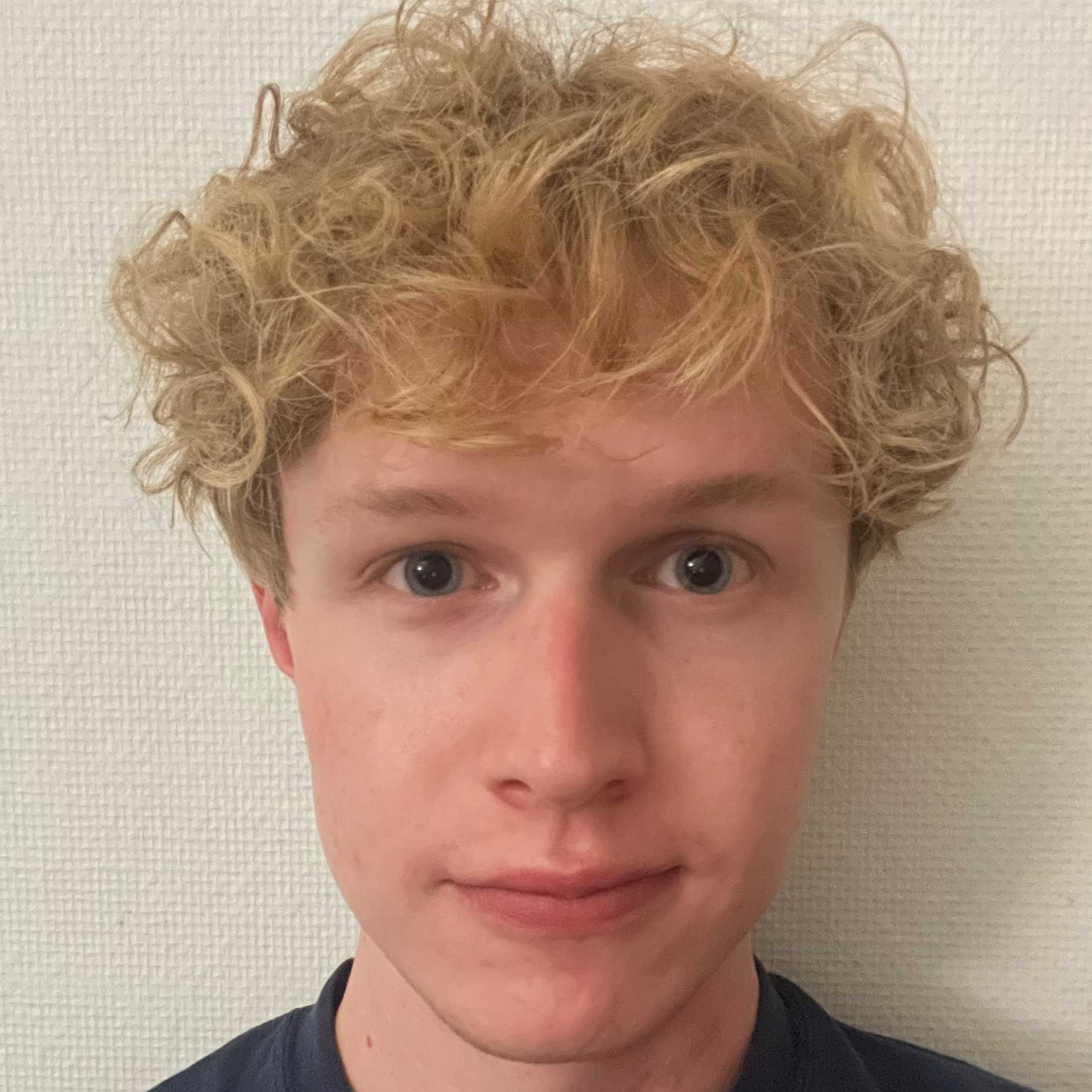
“It helps a lot when fellow students ask each other questions.”Ilya Maier
To this end, Ilya also became involved in the Computer Science Students’ Association (VIS) during his Bachelor’s degree. “Attending the various VIS events made me feel much more connected to the other computer science students,” he says. Ilya’s main involvement with VIS was in the young talent committee, which also organises taster days for pupils.
A new perspective on starting university
Bachelor’s student Sophia Herrmann agrees that sharing ideas can work wonders. “Talk to other people,” she recommends. Moreover, you shouldn’t expect yourself to do everything on your own. “It's okay to ask others for help.”
Sophia knew for many years that she would one day study computer science. As she grew up near Zurich, it was obvious to her that she would study at ETH Zurich. However, the first semester was also a challenge for her. “The subject matter is often very abstract at the beginning,” says Sophia. The subject Discrete Mathematics is particularly notorious among first-semester students in this respect.

“It's okay to ask others for help.”Sophia Herrmann
Sophia is now in her fifth semester and is looking at the lecture material from previous semesters with a fresh perspective: “I now understand certain concepts more quickly because I was already exposed to them at the beginning of my studies,” she explains. Sometimes Sophia wishes she could revisit the first semester with her current level of knowledge. “Now I understand why it makes sense to learn such abstract material right at the start of the degree programme.”
Especially at the beginning of her studies, she often felt as if she was the only person struggling with everyday life at university. “Today I know that’s not the case. Even if other students do indeed find studying computer science easier than I do, I’m still just as proud of my own achievements.”